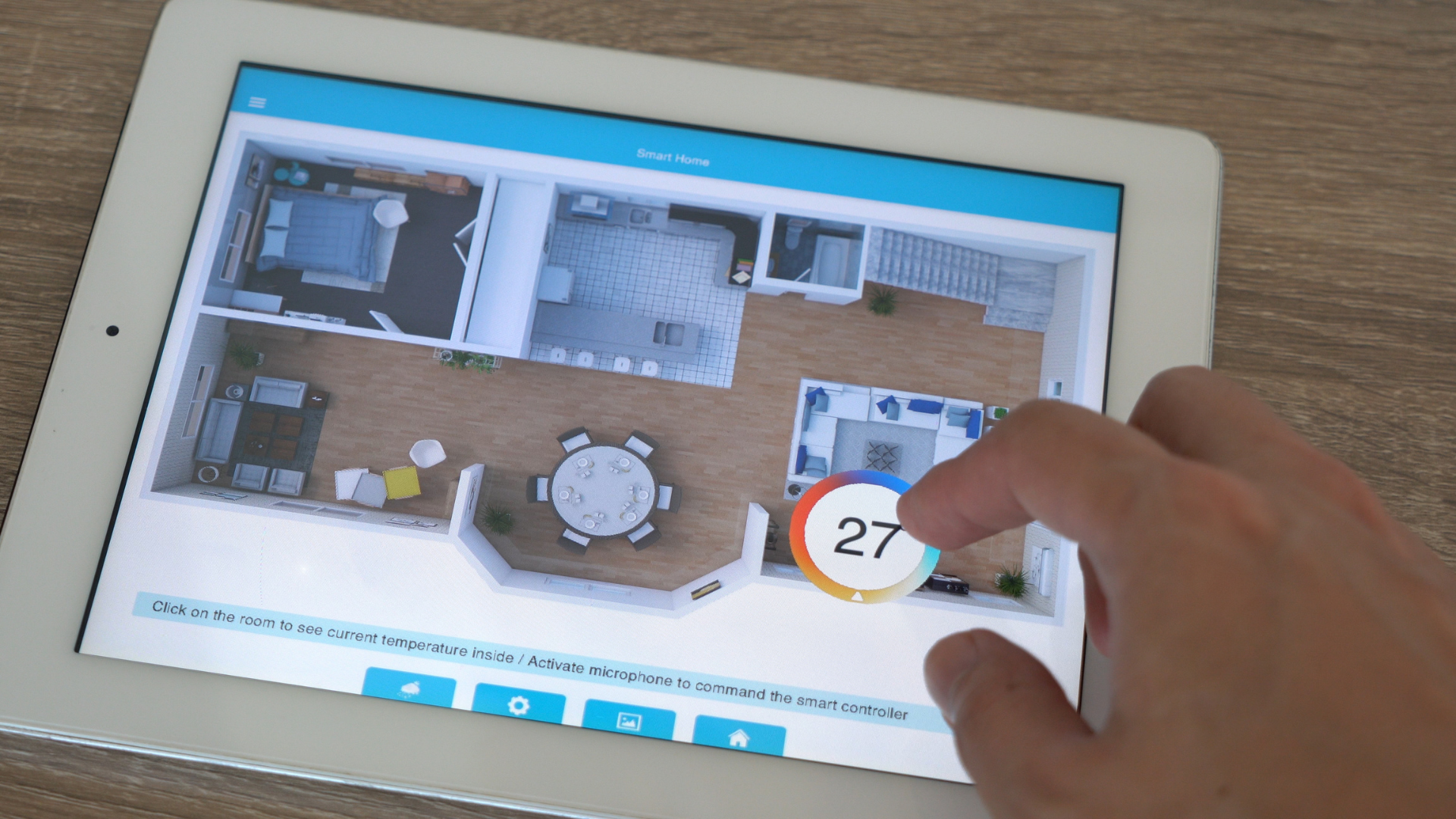While data breaches have become a nearly annual event, growing numbers of organizations, governments, businesses, and individuals have recognized that the problem cannot continue. The sense of urgency and the threat of attacks has grown as the costs of the problem have risen, and with good reason.
The prospect of using a new VPN app can be intimidating. There are many apps to choose from, each with unique features and advantages. However, VPN (virtual private network) apps have many more benefits than just privacy. These apps allow you to access content blocked in your country or region and encrypt your internet connection to prevent hackers from stealing your data. This article highlights three reasons you should use a VPN app to help protect your sensitive information.
What is a VPN
Virtual Private Networks (VPNs) are technologies that help secure your internet connection by acting as a tunnel between your device and the internet. The VPN encrypts your browsing activity, and while your connection goes through the VPN’s servers, your traffic is hidden from prying eyes. VPNs are set up in a lot of different ways, but the simplest way to set up one is to use a VPN app on your mobile device.
Advantages of using a VPN
We all use the internet, and most rely on a VPN to access geo-blocked content. Whether it is Netflix, Hulu, or YouTube, we stream our favorite shows and movies all over the world. Still, we cannot always access our favorite channels outside the U.S., so we have had to live under a rock or subscribe to a streaming service like Hulu. Fortunately, a VPN ensures you can stream from your favorite sites no matter your country.
The internet is a vast and expansive place. Those of us who live, work, and play online rely on the internet for specific information, entertainment, and even business. However, the internet is also a pretty unsecured place, with malicious actors constantly looking for ways to breach your digital defenses. As an internet user, you are vulnerable, and your digital identity is for sale—whether you are browsing your favorite websites or posting messages on a popular forum.
The benefits of using a VPN are undeniable. It allows you to protect your privacy, access blocked content, bypass geo-restrictions, and disguise your true IP address. That being said, there are many disadvantages to using a VPN, namely being too aggressive, whether proxying, speeding up, or slowing down your connection.
Disadvantages of using a VPN
A virtual private network (VPN) encrypts your internet connection, allowing you to browse the internet anonymously. VPNs protect you from identity theft, Wi-Fi hacking, snooping, and other forms of privacy invasion. The downside? While a VPN is incredibly useful in protecting your online privacy, it can be a serious drain on your computer’s battery life. So, you may be reaching for the charger quite a few times when using your laptop which can be annoying if you use it daily. To some this is seen as a disadvantage, whilst others see it as a necessary part of a VPN.
Why Every Device Needs A VPN
With each new data breach or scandal, including the most recent Facebook, Google, and Apple hacks, the risk of hacking your devices grows. Without a VPN, your browsing and activity history will be visible not just to the hackers who broke into your company’s database, but to hackers and spies all over the world. A VPN keeps your online activity safe, and helps you exercise the best privacy possible.
With more of our lives now being conducted online, it is inevitable for hackers and snoops to follow our every move. Unfortunately, our internet connections give those nefarious people access to all of our internet activity. Luckily, VPNs can help protect your online privacy, and with the perfect VPN you can easily hide your IP address, stop ISPs from tracking your activity, and hide your browsing history.





